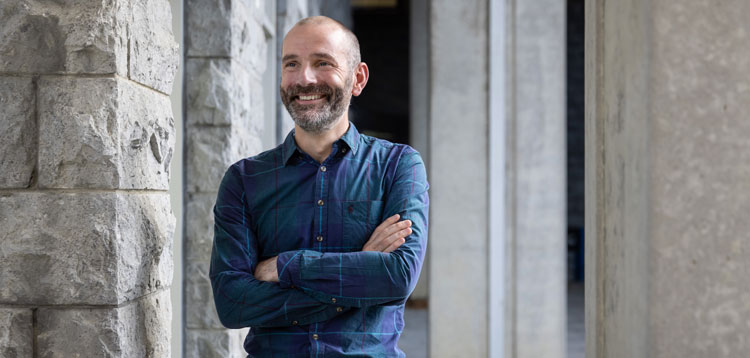New Approaches may Uncover How the Brain Forms Decisions
News and Events
- UCD CIGRE Ireland Final Year Project Award
- Frontiers for the Future: Minister Lawless announces €34.5M investment in cutting-edge research
- Minister Lawless announces 72 Sustainable Laboratory Certifications
- Powering the Future: Join UCD as a Professor in Offshore Power Grids
- UCD Robotics Design Project final competition 2025
- Inventors of Moveable Oral Senor with Clinical Applications Receive 2025 NovaUCD Invention of the Year Award
- University College Dublin’s 2025 Innovation Awardees Announced by NovaUCD
- 2024 News Archive
- 2023 News Archive
- 2022 News Archive
- Professor John (Sean) Sheridan 1964 - 2022
- €16m energy system research partnership to decarbonise energy sector
- New Approaches may Uncover How the Brain Forms Decisions
- UCD Engineers Among NovaUCD’s 2022 Innovation Awardees
- Research that Directly Addresses the Climate Crisis
- Pan-European supergrid could cut 32% from energy costs says new UCD study
- 2021 News Archive
- 2020 News Archive
- 2019 News Archive
- 2018 News Archive
- 2017 News Archive
- 2016 News Archive
New Approaches may Uncover How the Brain Forms Decisions
Monday, 4 April, 2022

Dr Simon Kelly of the UCD School of Electrical & Electronic Engineering, Photo by Ste Murray
“Who’s that coming towards me? It looks like Maeve, doesn’t it? I’ll give her a wave. But hold on a second – I could have sworn that was Maeve.” That’s a common situation that most of us experience from time to time, and an example of a core brain function known as perceptual decision making. But what is actually going on in the brain and how can we get a better understanding of that? For two decades Associate Professor Simon Kelly has been preoccupied with these and related questions.
Working closely with psychologists, the electrical and electronic engineer has made important strides in improving how we can disentangle what is happening as the brain progresses from focussing on an initial stimulus, such as seeing a person in the distance, to recognising them as a friend and deciding to wave. He is now engaged in two projects, one funded by the Wellcome Trust and the other under Science Foundation Ireland’s US-Ireland R&D Partnership Programme, which build on this important work and could have potential longer term benefits in diagnostics, and possibly even therapeutics, related to psychiatric and neurological disorders.
“Working a lot with psychologists, I developed a love for the questions, the concepts and constructs of cognitive neuroscience”
You can read the full case study here: New Approaches may Uncover How the Brain Forms Decisions